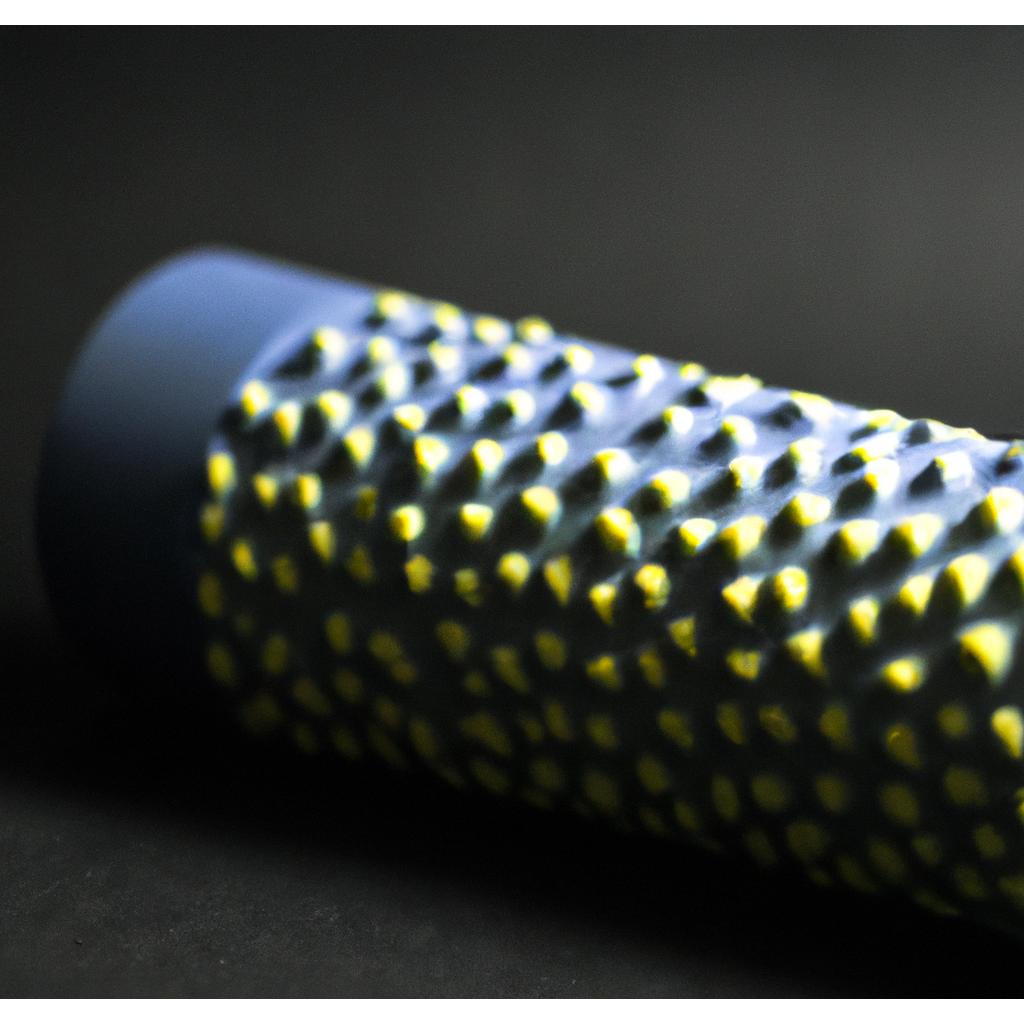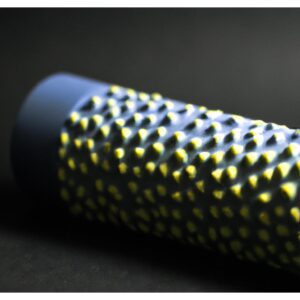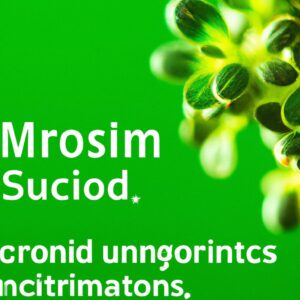Meditation for Injury Recovery: Mental Strategies to Overcome Setbacks and Foster a Positive Mindset
Meditation for Injury Recovery: Mental Strategies to Overcome Setbacks and Foster a Positive Mindset
Injuries often overwhelm and dishearten individuals. They disrupt routines and challenge mental strength. Frustration and helplessness often follow. However, meditation provides powerful recovery strategies for both mind and body. Mindfulness and meditation techniques foster a positive mindset, manage stress, and enhance healing. This blog explores meditation’s role in injury recovery and offers mental strategies to overcome setbacks.
Understanding the Role of Meditation
Meditation encourages self-awareness and emotional regulation. During recovery, individuals experience many emotions, such as anger, sadness, impatience, and anxiety. Meditation helps manage these feelings. It allows individuals to observe thoughts and emotions without judgment. This practice nurtures healthier mental states and promotes a constructive approach to recovery challenges.
Meditation enhances focus significantly. Concentrating on breath, bodily sensations, or a mantra redirects thoughts away from negativity and self-doubt. This redirection minimizes setbacks’ impact and promotes resilience. Over time, meditation cultivates a stronger mental framework. It makes facing challenges with a positive outlook easier.
Nutrition Tips for Recovery
Nutrition plays a crucial role in physical recovery. A well-balanced diet is vital for healing and affects energy levels. Consider these essential nutrition tips during recovery:
Embrace Anti-Inflammatory Foods
Incorporate plenty of fruits and vegetables into your diet. These foods provide essential vitamins, minerals, and antioxidants that support healing. Berries, leafy greens, nuts, and fatty fish like salmon reduce inflammation and promote overall health. A diet rich in anti-inflammatory foods aids physical recovery and improves mental clarity and emotional stability.
Stay Hydrated
Hydration is fundamental for recovery. Water supports every bodily function, including nutrient transport and waste elimination. Drink plenty of water throughout the day. Herbal teas also provide hydration and additional health benefits. Staying hydrated maintains energy levels and enhances cognitive function.
Focus on Protein
Protein is essential for tissue repair and muscle recovery after injury. Incorporate lean meats, fish, eggs, legumes, and dairy into your diet. These foods provide the building blocks your body needs to heal. Consume adequate protein to support muscle recovery, prevent muscle loss, and maintain strength.
Exercise Advice During Recovery
Injuries may limit physical activity, but gentle movement remains essential. Engaging in modified exercises supports healing without strain.
Conclusion
Meditation and nutrition significantly contribute to recovery. Embrace these practices to foster a positive mindset and enhance healing.
Below are related products to the topic if you’re interested:
FAQ
How does meditation help with injury recovery?
Meditation encourages self-awareness and emotional regulation, allowing individuals to manage the many emotions experienced during recovery, such as anger, sadness, and anxiety. By observing thoughts and emotions without judgment, meditation nurtures healthier mental states and promotes a constructive approach to recovery challenges.
What nutritional strategies should be followed during injury recovery?
To support healing, incorporate anti-inflammatory foods like fruits, vegetables, nuts, and fatty fish into your diet. Staying hydrated is also crucial; drink plenty of water and herbal teas. Additionally, focus on consuming adequate protein from sources like lean meats, fish, eggs, legumes, and dairy to aid tissue repair and muscle recovery.
Can exercise still be beneficial during recovery from an injury?
Yes, while injuries may limit physical activity, engaging in gentle movement and modified exercises can support healing without straining the body. It’s important to find activities that promote recovery while respecting the limits of the injury.















Post Comment